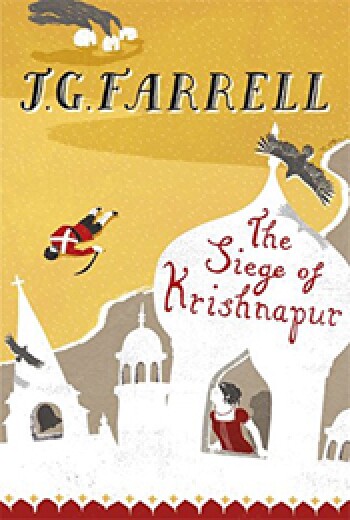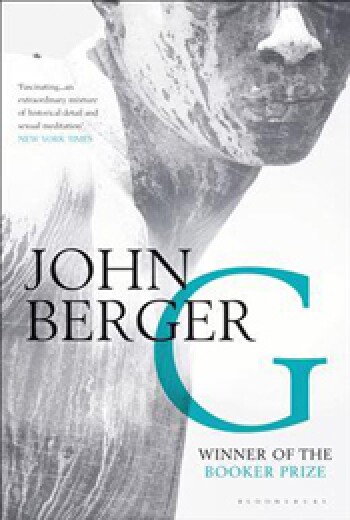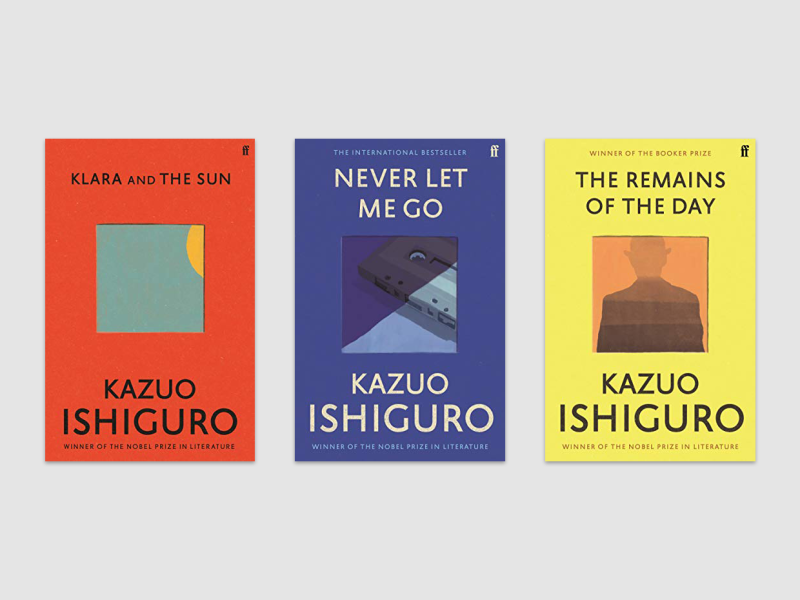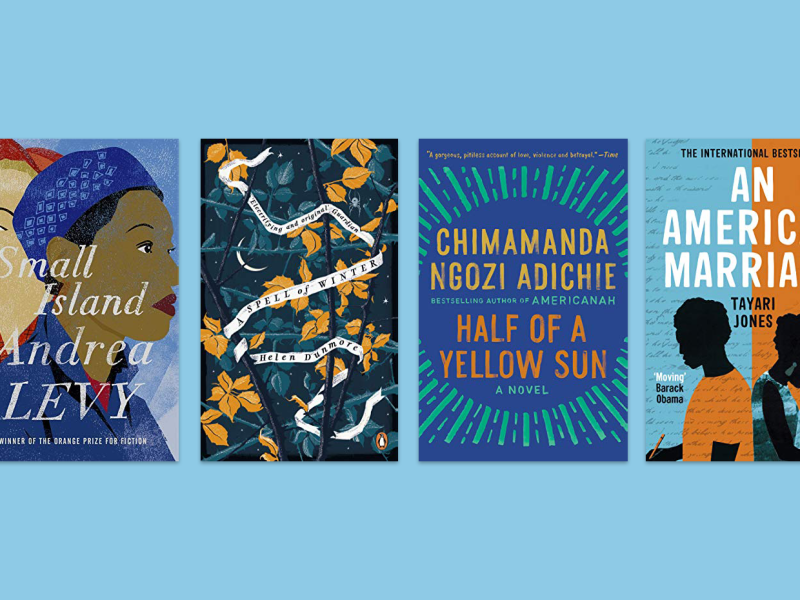When it began in 1969, the goal of the Booker Prize was to increase readership of quality fiction by celebrating and promoting the best books of the year. Orginally called the Man Booker Prize, it is one of the most prestigious awards in the book world. The winners enjoy a huge sales boost and some titles have become classics. Winning authors include Margaret Atwood, Ian McEwan, Michael Ondaatje and Kingsley Amis. Big-hitters Peter Carey, Hilary Mantel and J.M. Coetzee have multiple Booker victories.
The annual £50,000 prize (about $75,000 USD) is granted to the best novel originally written in English and published in the UK in the year of the prize, regardless of the nationality of the author. Until 2013, only writers from Commonwealth countries were eligible to win the prize. The winner is selected by a rotating panel of judges who pare a long list of about a dozen down to six, then one. It's not an easy task - three times, in 2019, 1992 and 1974, the judges declared a draw and selected two winners.
Author Graham Swift, winner of the 1996 Booker for Last Orders, said, "Prizes don't make writers and writers don't write to win prizes, but in the near-glut of literary awards now on offer, the Booker remains special. It's the one which, if we're completely honest, we most covet."
Paul Lynch wins the 2023 Booker Prize for his dystopian novel "Prophet Song," set in Ireland. Inspired by the Syrian war and refugee crisis, this is Lynch's first win and fifth novel, a four-year project completed as his son grew. The book reflects on current societal challenges, earning acclaim for its timely vision and narrative depth.
Explore the winning books since 1969 - from P.H. Newby to 20223 winner Paul Lynch.




























































